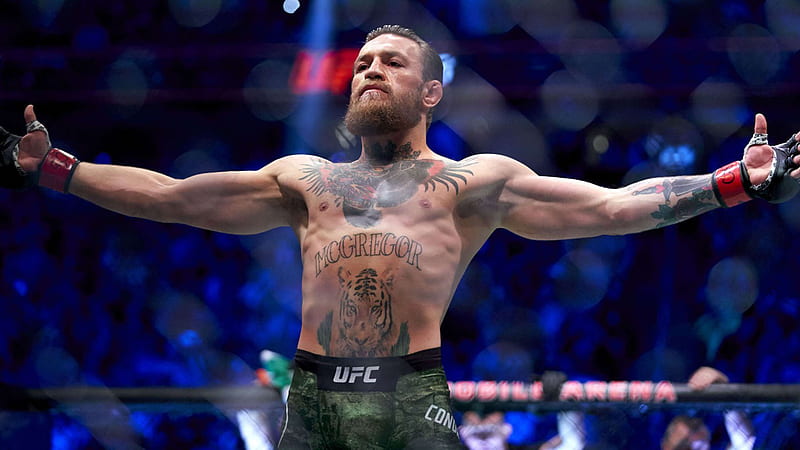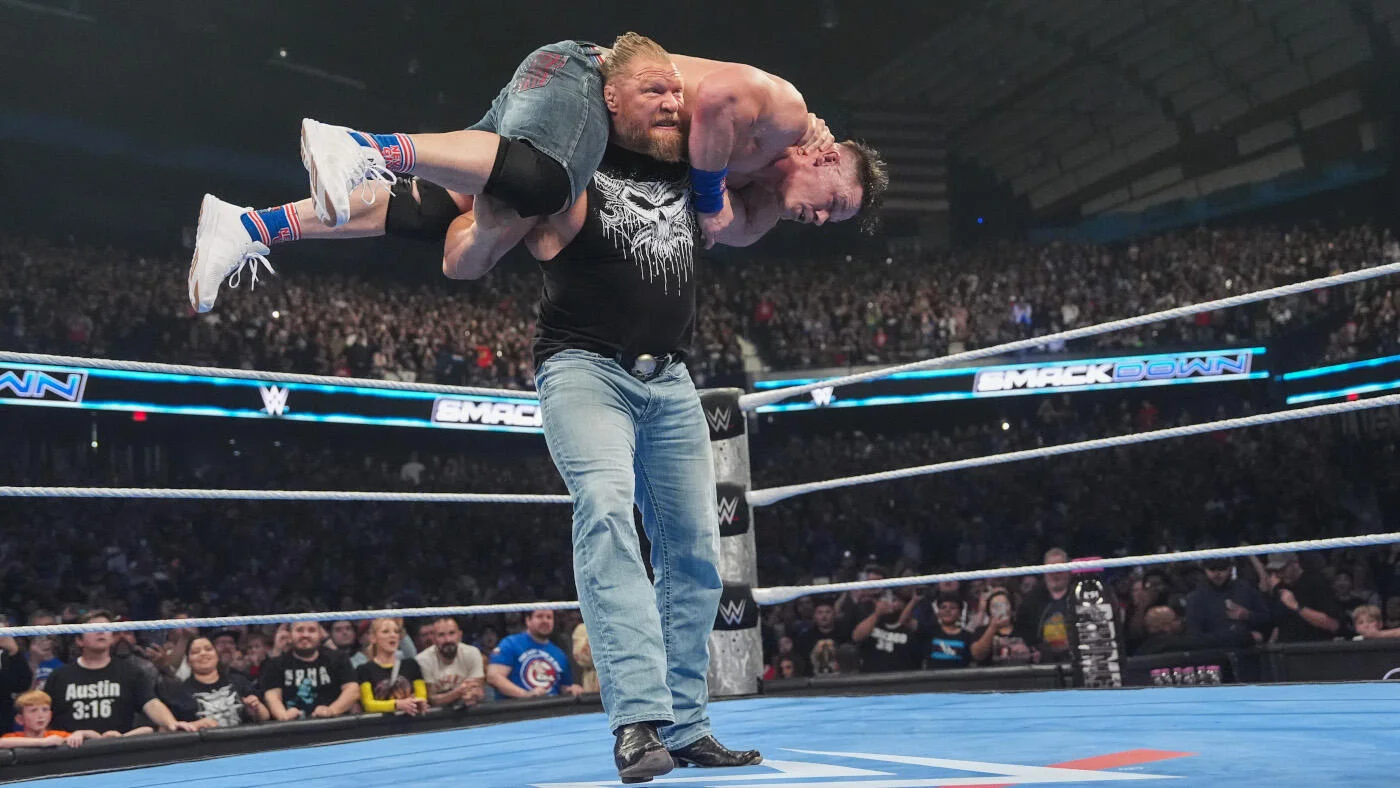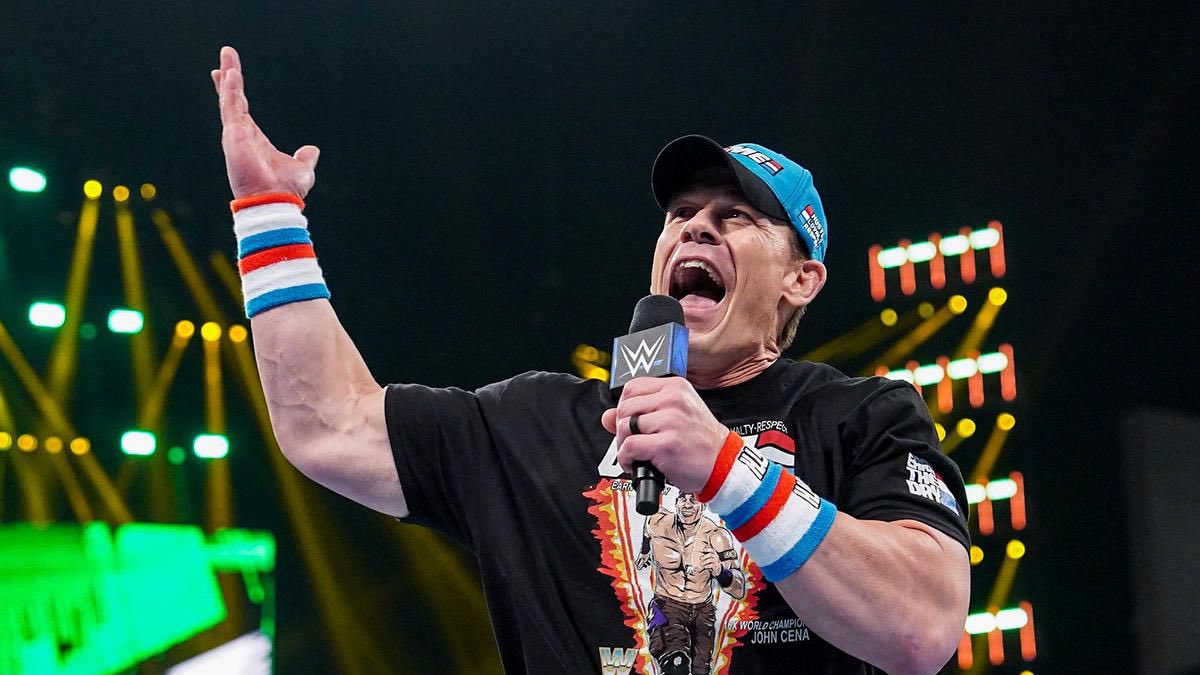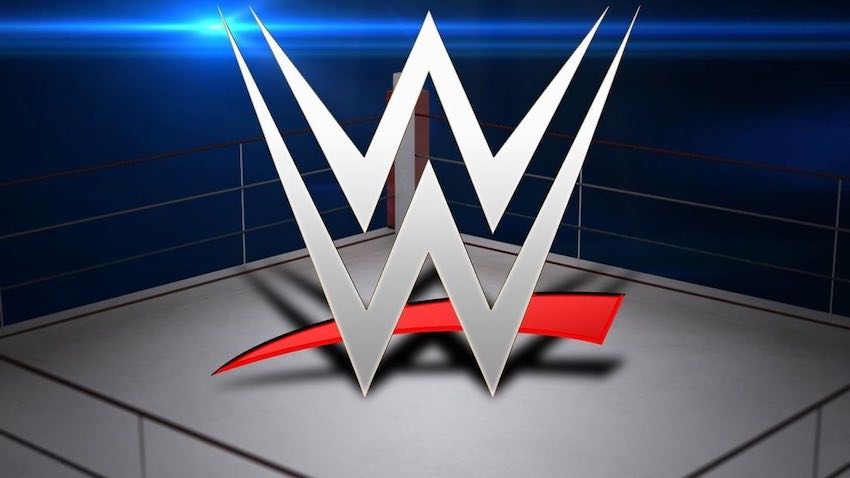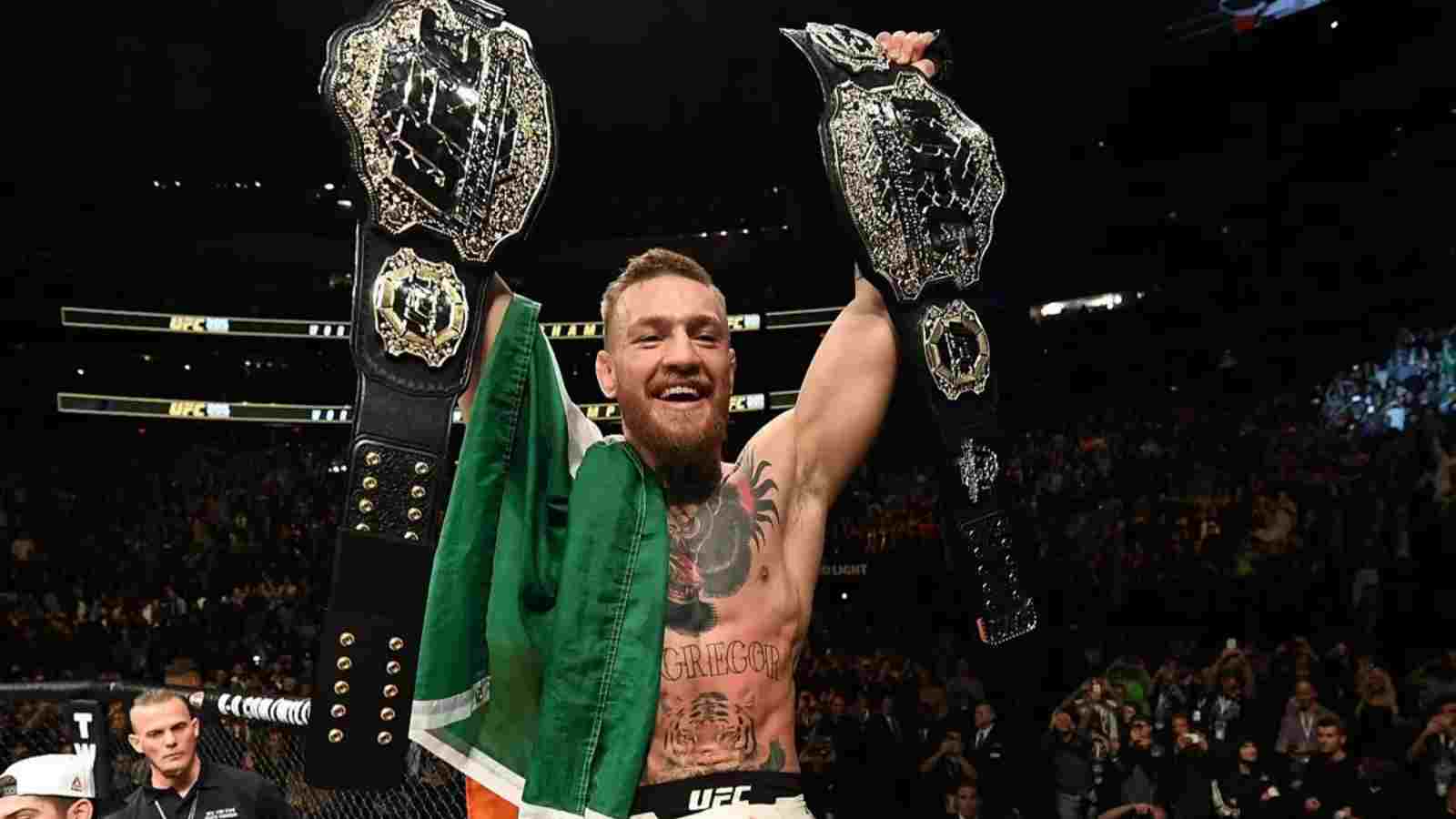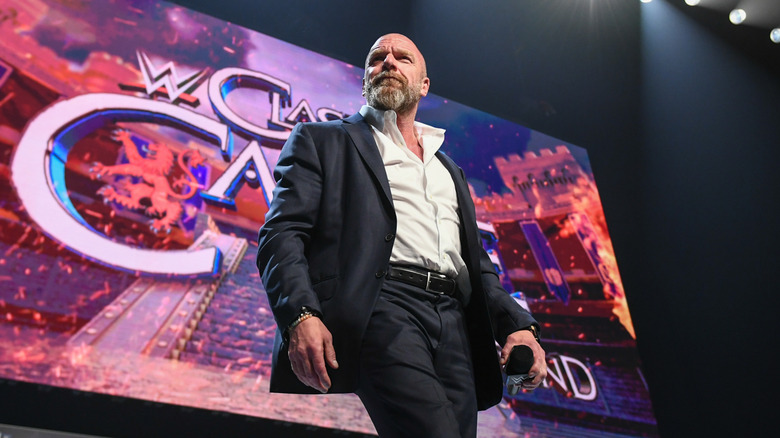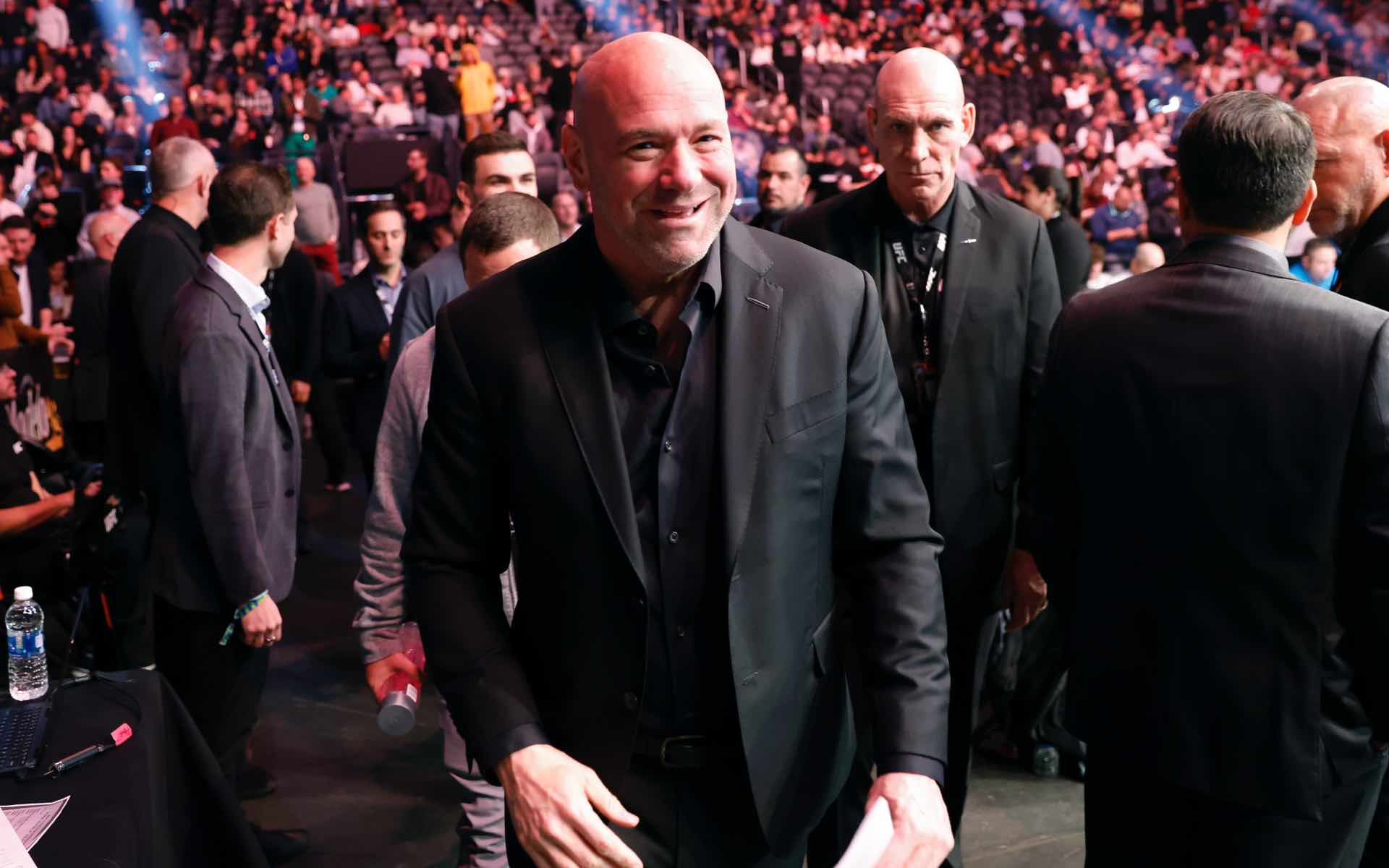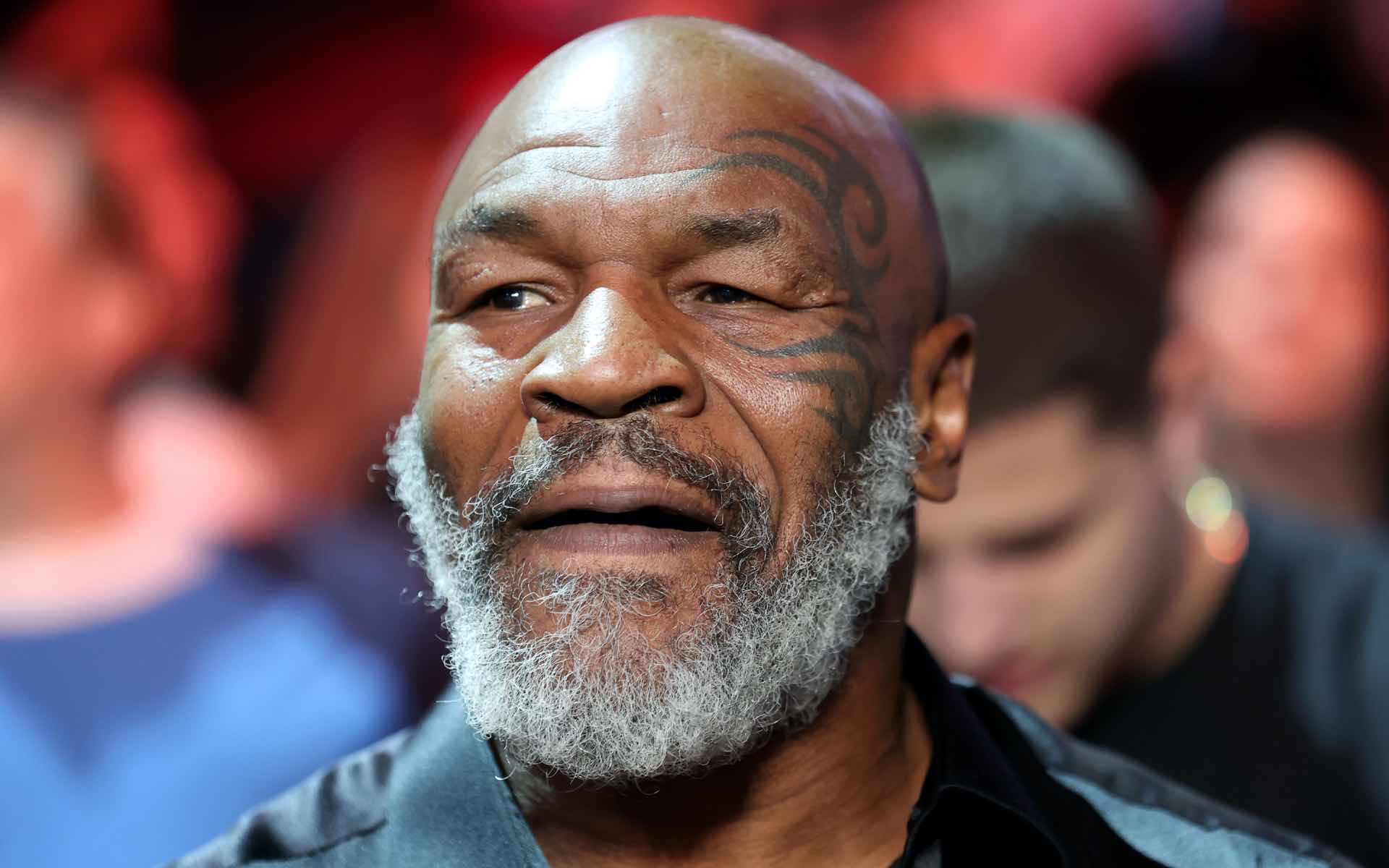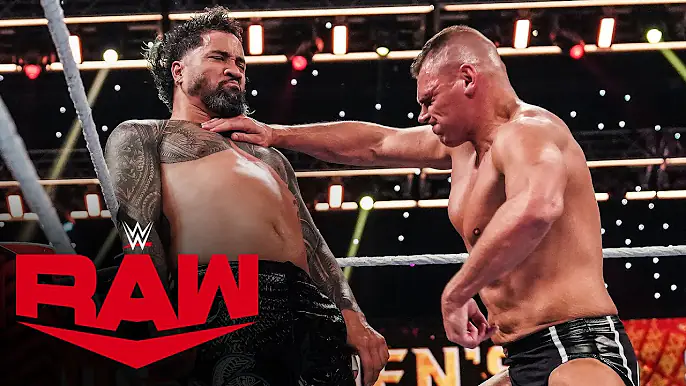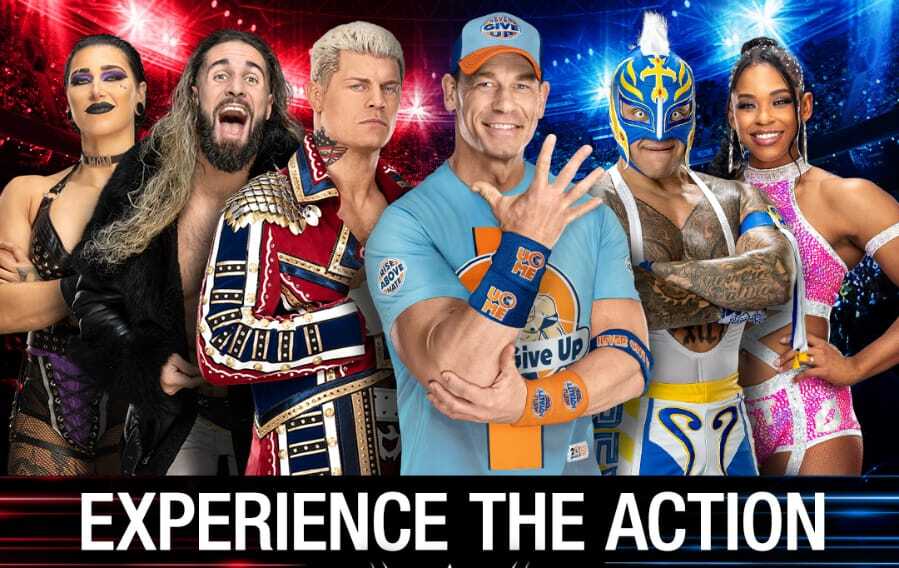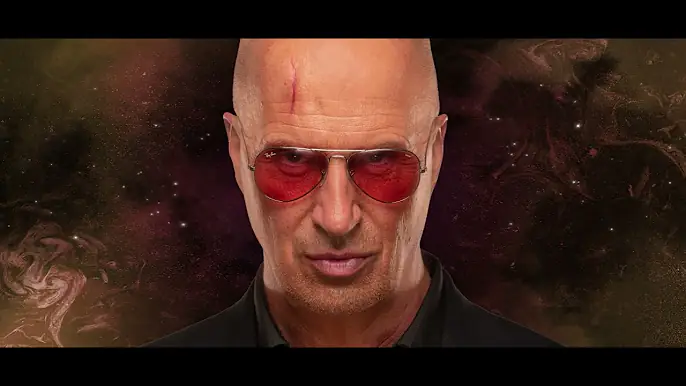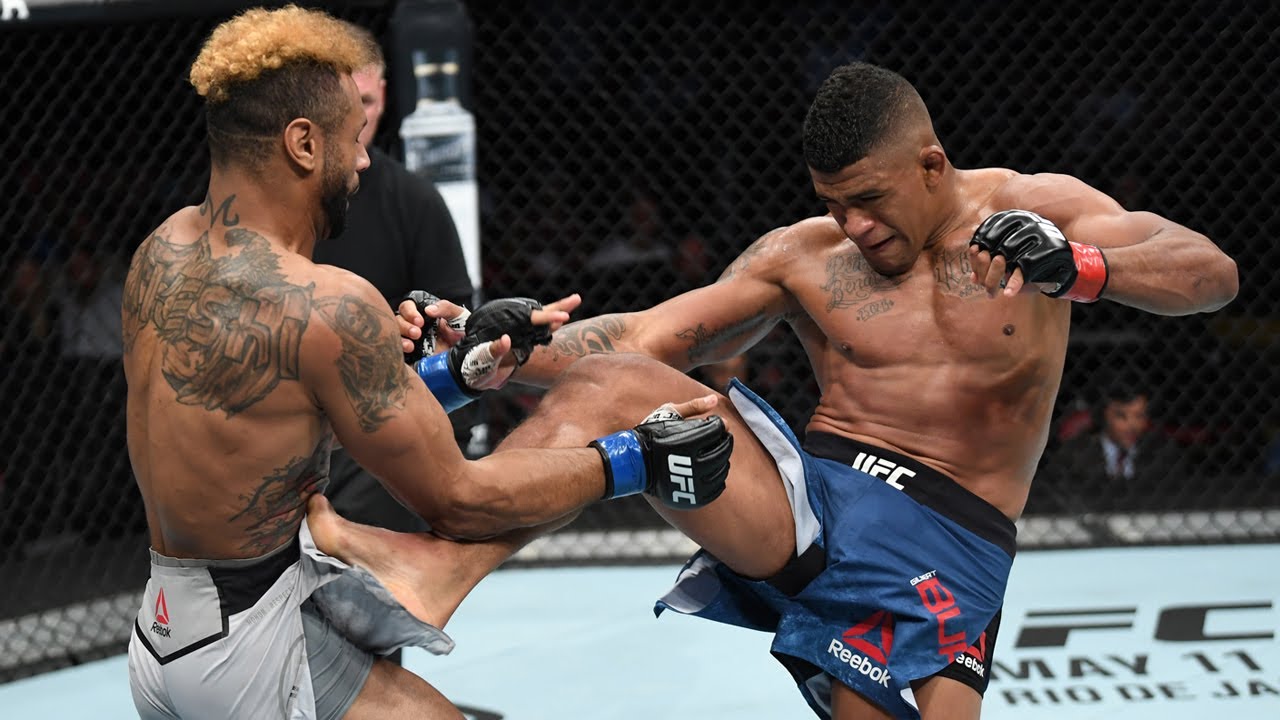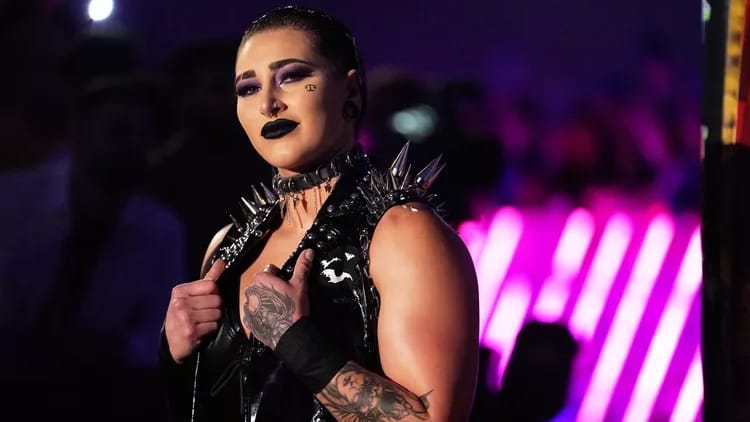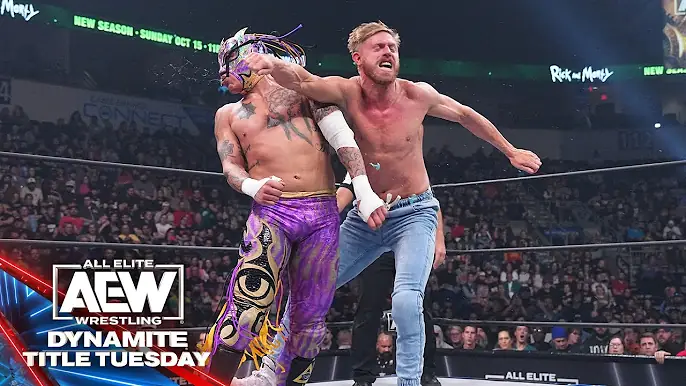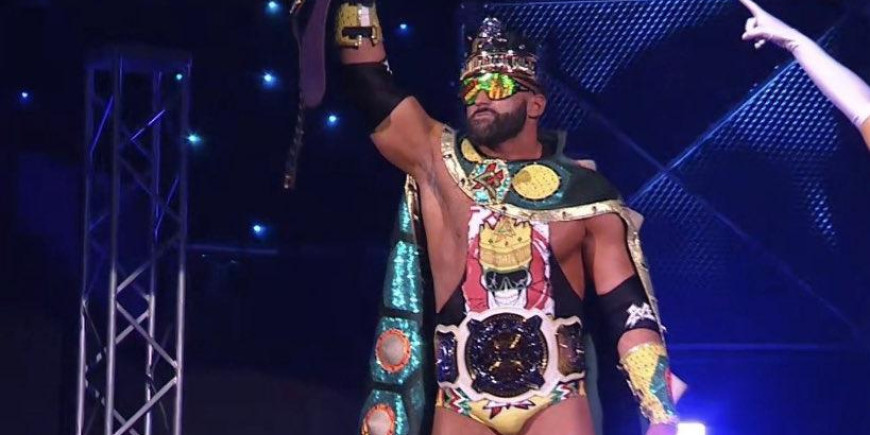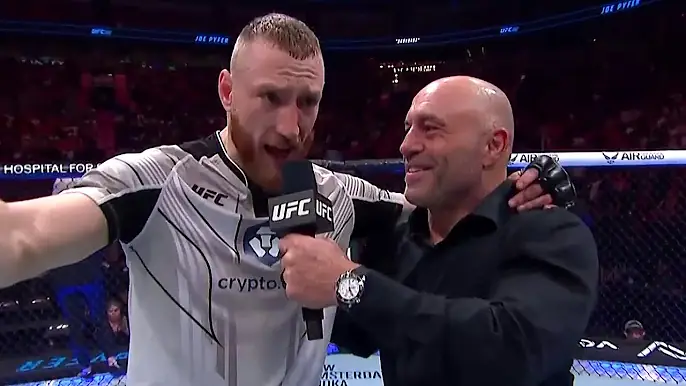The Evolution of the UFC: Humble Beginnings to Global Phenomenon
The UFC has come a long way since its humble beginnings, transforming from a controversial and unregulated spectacle to a global phenomenon that has captivated millions of fans worldwide. Let’s take a journey through the evolution of the UFC, tracing its remarkable growth and development over the years.
The Evolution of the UFC
The Birth of the UFC: The UFC was founded in 1993 by Rorion Gracie, Art Davie, and John Milius. The vision behind the organization was to create a platform where fighters from various martial arts disciplines could test their skills against one another. The inaugural UFC event, UFC 1, took place in Denver, Colorado, and featured a tournament-style format with minimal rules and no weight classes.
Regulation and Rule Changes: As the UFC gained popularity, it faced significant scrutiny and criticism due to its perceived brutality and lack of regulations. In response, the organization implemented rule changes to address safety concerns and ensure the longevity of the sport. Weight classes were introduced, rounds were established, and safety protocols were implemented to protect fighters.
New Ownership and Expansion: In 2001, Zuffa LLC, led by brothers Lorenzo and Frank Fertitta, acquired the UFC. Under their leadership, the organization underwent a transformative phase, with a renewed focus on professionalism, marketing, and talent acquisition. The Fertitta brothers brought in Dana White as the UFC President, forming a formidable team that would shape the future of the sport.
Mainstream Recognition and Television Deals: The UFC’s breakthrough into the mainstream began with its reality television series, “The Ultimate Fighter” (TUF). Premiering in 2005, TUF showcased up-and-coming fighters competing for a UFC contract. The show became a hit, attracting a wide audience and drawing attention to the sport.
Television deals with major networks, such as Spike TV and later FOX, provided the UFC with unprecedented exposure and brought MMA into the homes of millions. These partnerships allowed the UFC to showcase high-quality events and establish its brand as a legitimate and globally recognized combat sports organization.
International Expansion and the Arrival of Superstars: The UFC’s global expansion began with events held in countries outside the United States, including Canada, the United Kingdom, and Brazil. The organization’s efforts to cultivate talent from around the world led to the rise of international stars, such as Georges St-Pierre, Conor McGregor, and Anderson Silva, who transcended the sport and captured the attention of fans worldwide.
Regulatory Acceptance and Athletic Commissions: To address regulatory concerns and gain acceptance in different jurisdictions, the UFC collaborated with athletic commissions to establish rules and regulations governing the sport. This collaboration led to enhanced safety measures, anti-doping protocols, and the implementation of comprehensive medical testing for fighters.
Sports Entertainment and Cross-Promotion: The UFC embraced the concept of sports entertainment, incorporating elements of showmanship and spectacle to attract a wider audience. Superstars like McGregor and Ronda Rousey brought a larger-than-life persona to the Octagon, elevating the UFC’s mainstream appeal and capturing the attention of casual fans.
Cross-promotional events with boxing, such as the highly anticipated Floyd Mayweather Jr. vs. Conor McGregor bout, further cemented the UFC’s status as a global force in combat sports and created unprecedented media attention.
The Digital Age and Continued Growth: The UFC’s embrace of digital platforms and social media has played a significant role in its continued growth. The organization’s strategic use of online content, live streaming, and engaging with fans on various platforms has created a direct and interactive relationship with its audience.
Furthermore, the UFC’s expansion into new markets, including Asia and the Middle East, has further solidified its global presence and attracted a diverse fan base.
In conclusion, the evolution of the UFC from its humble beginnings to a global phenomenon is a testament to the perseverance and vision of its founders, the dedication of its fighters, and the unwavering support of its passionate fan base. Through regulation, strategic partnerships, international expansion, and innovative marketing, the UFC has transformed into a legitimate and respected sport, captivating audiences worldwide and solidifying its position as the premier organization in mixed martial arts. The future looks bright for the UFC as it continues to push boundaries, break new ground, and captivate audiences in the ever-evolving landscape of combat sports.
